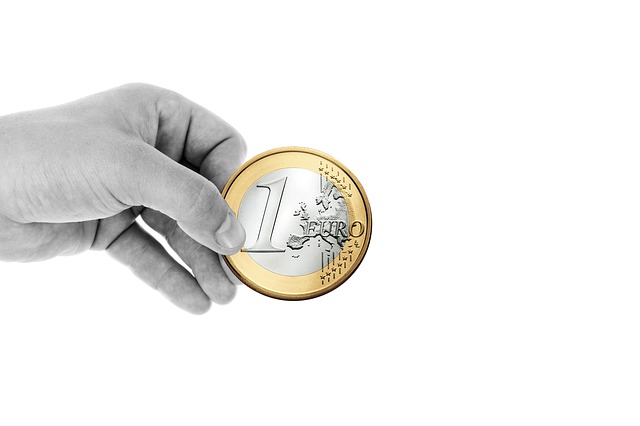
Scale of French generosity revealed in Fondation de France study
May 16, 2018
Sibylle Spengler elected first female president of Swissfundraising
May 16, 2018A study commissioned by the Apprentis d’Auteuil Foundation on the effect of a change to France’s wealth tax on donations to charity has found that fewer households expect to donate this year.
The French solidarity tax on wealth (impôt de solidarité sur la fortune, or ISF) was abolished late last year and replaced by the impôt sur la fortune immobilière, or IFI. The tax now covers only real estate assets, removing financial investments, savings and other securities from the calculation base, and therefore reducing the number of households subject to the tax.
Under the old system, individuals paying ISF could deduct up to 75% of the cost of donations made to certain charitable organisations and foundations from their tax bill, up to a limit of €50,000. With the new IFI system in place, the Apprentis d’Auteuil Foundation raised concerns that fewer taxpayers could lead to a corresponding decrease in donors. To find out whether the IFI is likely to affect giving, it commissioned the IPSOS Institute to carry out a study.
Published in early April, the IPSOS-Apprentis d’Auteuil Barometer questioned 300 ISF taxpayers. It shows that 82% of households subject to the solidarity tax on wealth, paid by households whose wealth exceeds €1.3 million, made a donation in 2016. In 2017, 72% of respondents gave several times, against 68% in 2016, with an average of 4.4 donations per year.
An average donation of €2,535 was given through the ISF in 2017. This was the highest average donation by taxpayers through the ISF in four years and €355 more than in 2016.
However, 55% of those questioned for the Barometer thought that the change posed a threat to charities with donations likely to fall, while 51% thought that the tax change would decrease generosity because of a loss of that incentive to donate. Less than half (49%) of IFI taxpayers knew that they could still reduce their tax bill by donating to certain charities.
In fact, while 80% of those who donated last year said they intend to continue, those who are certain they will donate dropped from 51% in 2017 to 44%, while the proportion that said they probably would give rose from 30% to 36%. The proportion that said they would not donate rose 1%, to 20%.
For those benefiting from the tax changes, when asked how they might use their extra savings, the majority said they would spend it (41%), put it into traditional bank savings (39%) or into investments in companies (30%). Just 21% said they would donate to organisations or foundations.
The study can be read here.




